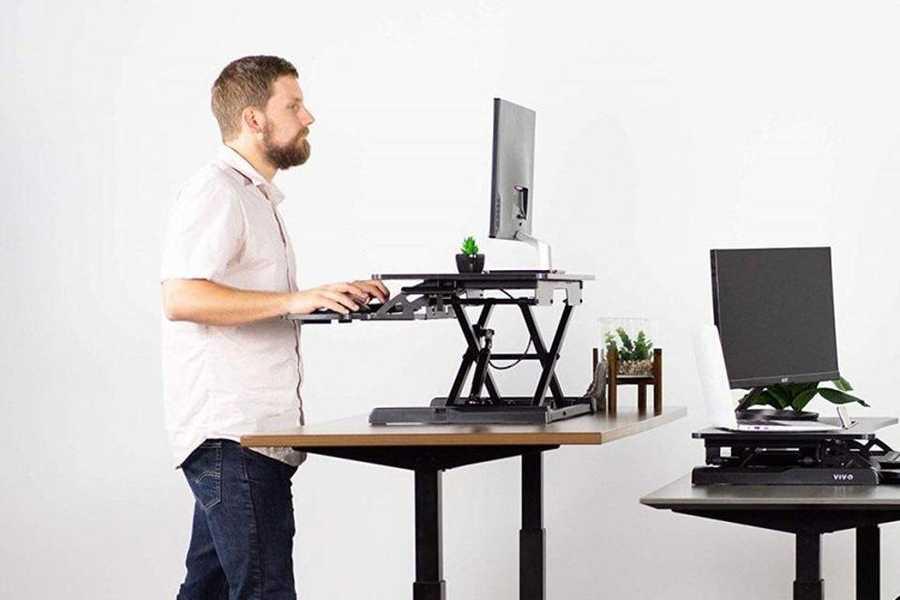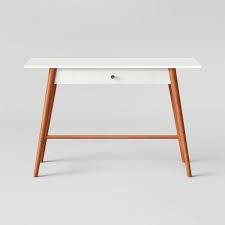Organize your workspace
- Adopt a clean-desk policy (CDP).
- Create a dedicated space for the incoming things.
- Keep personal items to a minimum.
- Get yourself a sit-stand ergonomic desk. Your desk height should let you place your feet flat on the floor.
- The screen height of your monitor matters most so you are able to keep our neck straight.
- Your keyboard position should be set so the elbows can be at 90 degrees angle to the chest.
- Color yourself productive. Colors influence our moods and consequently, productivity and energy management.
527
1.65K reads
CURATED FROM
IDEAS CURATED BY
Always appreciate the time you get, because you never know how much longer it`ll last.
The idea is part of this collection:
Learn more about productivity with this collection
How to apply new knowledge in everyday life
Why continuous learning is important
How to find and evaluate sources of knowledge
Related collections
Similar ideas to Organize your workspace
Your Desk: The Optimal Choice
The “sit-stand desk” is the optimal choice, because you can sit for a portion of the day and stand for the other portion.
Put your monitor high enough to keep your neck straight, set your keyboard position for 90 degree elbows, and your desk height for feet flat on the flo...
Fix Your Workstation
Find the ideal desk height and keep your feet flat on the floor when sitting (the right seat height is level with your knees).
The Ideal Desk Height
Your desk should ideally let you type on a keyboard with your arms and hands roughly parallel to the floor, your feet flat on the floor, and your legs fitting comfortably under the desk when sitting (you should be able to comfortably cross your legs under the sur...
Read & Learn
20x Faster
without
deepstash
with
deepstash
with
deepstash
Personalized microlearning
—
100+ Learning Journeys
—
Access to 200,000+ ideas
—
Access to the mobile app
—
Unlimited idea saving
—
—
Unlimited history
—
—
Unlimited listening to ideas
—
—
Downloading & offline access
—
—
Supercharge your mind with one idea per day
Enter your email and spend 1 minute every day to learn something new.
I agree to receive email updates


